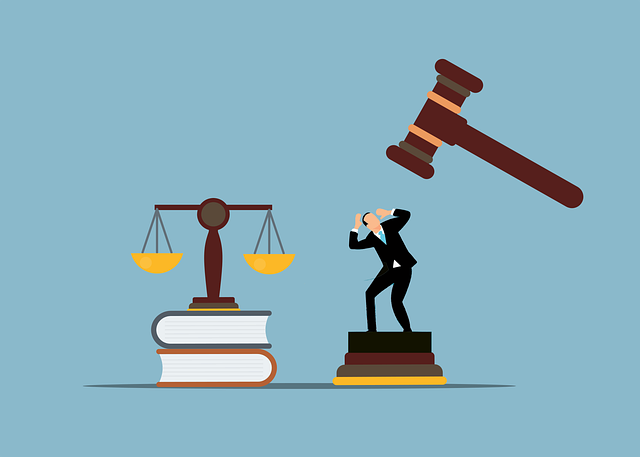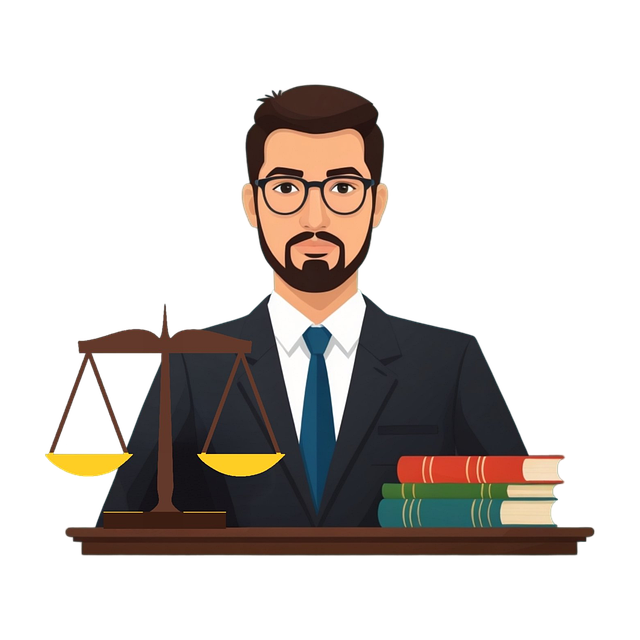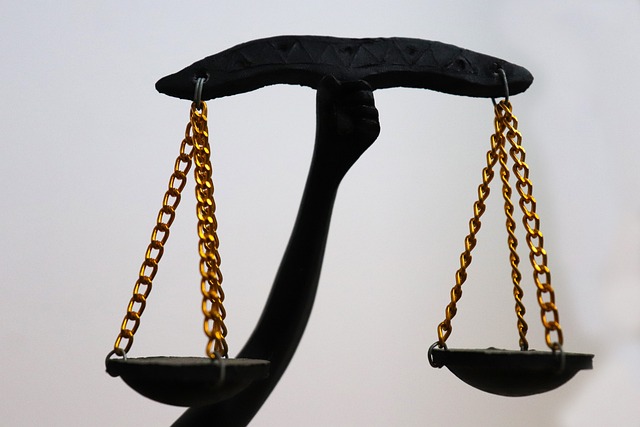When facing criminal charges, a skilled criminal lawyer Houston is vital for protecting your rights and ensuring fair justice. They scrutinize evidence, challenge inadmissible material, and expose flaws in testimonies and procedures to suppress inappropriate information. By presenting only reliable data, they safeguard your interests and increase the likelihood of a favorable outcome. These lawyers also navigate legal rules to protect against wrongful convictions, utilizing constitutional provisions like the Fourth and Fifth Amendments. Their strategic arguments can lead to the suppression of improper evidence and inadmissible testimony, ultimately shaping trial outcomes and upholding the integrity of the justice system.
In the intricate dance of a criminal trial, the role of a skilled criminal lawyer in Houston is pivotal. They act as navigators, guiding clients through complex legal landscapes and ensuring fair trials. This article delves into the critical task of challenging improper evidence and suppressing inadmissible testimony, essential strategies for any criminal lawyer in Houston. We explore the legal framework, provide step-by-step guides, share case studies, and highlight the impact on trials, all to empower legal professionals.
- Understanding the Role of a Criminal Lawyer Houston in Exposing Improper Evidence
- Strategies to Challenge Inadmissible Testimony: A Step-by-Step Guide
- The Legal Framework for Suppressing Damaging Evidence
- Case Studies: Successful Suppression of Evidence and its Impact on Trials
Understanding the Role of a Criminal Lawyer Houston in Exposing Improper Evidence

When facing criminal charges, having a skilled and knowledgeable criminal lawyer Houston by your side is invaluable. These legal professionals play a pivotal role in protecting your rights and ensuring that justice is served fairly. One of their primary tasks is to scrutinize evidence and identify any improprieties or inadmissible material that could potentially sway the case against you.
A criminal lawyer Houston possesses the expertise to expose flaws in the prosecution’s evidence presentation. They carefully examine witness testimonies, challenge the admissibility of physical evidence, and navigate complex legal procedures to suppress any inappropriate information. By doing so, they ensure that only reliable and relevant evidence is considered during the trial, safeguarding your interests and increasing the chances of a favorable outcome.
Strategies to Challenge Inadmissible Testimony: A Step-by-Step Guide

When facing inadmissible testimony in a legal proceeding, a skilled criminal lawyer in Houston can employ several strategies to challenge its validity. The first step is to identify the specific rules of evidence that the testimony violates. Common grounds for objection include relevance, hearsay, and lack of foundation. For instance, if a witness provides an account second-hand without personal knowledge, it’s considered hearsay and typically inadmissible.
A well-prepared lawyer will then present these objections clearly and concisely to the judge, citing relevant case law or legal precedents to support their argument. They might also request that the testimony be struck from the record or, in severe cases, move for a mistrial. Additionally, cross-examination is a powerful tool; questioning the witness’s reliability and the accuracy of their recollection can weaken the credibility of the testimony, making it less impactful on the jury or judge.
The Legal Framework for Suppressing Damaging Evidence

In the legal arena, particularly in criminal cases, the admissibility of evidence is governed by strict rules aimed at ensuring fairness and accuracy. A crucial aspect of this process involves the exclusion of improper or inadmissible evidence, which can significantly impact the outcome of a trial. Criminal lawyers in Houston play a vital role in navigating these complex rules to protect their clients’ rights.
The Legal Framework provides several avenues to suppress damaging evidence that may have been obtained unlawfully or through unfair means. These include the Fourth Amendment protection against unreasonable searches and seizures, ensuring that evidence collected violates a defendant’s reasonable expectation of privacy. Additionally, the Fifth Amendment guarantees the right against self-incrimination, allowing individuals to refuse to provide testimony that could incriminate them. Houston criminal lawyers employ these constitutional safeguards to challenge evidence and protect their clients from wrongful convictions, ensuring a fair trial in accordance with the law.
Case Studies: Successful Suppression of Evidence and its Impact on Trials

In the realm of criminal justice, the successful suppression of improper evidence and inadmissible testimony can significantly impact trial outcomes, as demonstrated by various case studies. One notable example involves a high-profile murder trial in Houston, Texas, where a criminal lawyer’s meticulous argument led to the exclusion of a key piece of evidence—a purported confession obtained under coercion. This strategic move not only protected the defendant’s rights but also prevented a potential wrongful conviction. The impact was profound; without the disputed evidence, the jury reached a not-guilty verdict, underscoring the power of effective legal advocacy in ensuring fairness.
Another case study highlights a sexual assault trial where a Houston criminal lawyer successfully moved to suppress an eyewitness testimony due to its unreliable nature. The lawyer presented compelling evidence showing that the witness’s identification was influenced by leading questions and suggestive procedures during the initial police investigation. This suppression led to a mistrial, preventing potential prejudice against the defendant. These real-world scenarios illustrate how legal professionals can shape the course of justice, ensuring that trials are fair and based on admissible, reliable evidence.
When facing a trial, the role of a skilled criminal lawyer in Houston cannot be overstated. They are the guardians against unfair practices, ensuring that only admissible and reliable evidence is presented. By understanding the legal framework and employing strategic challenges to inadmissible testimony and improper evidence, these lawyers can significantly influence the outcome of their clients’ cases. Through case studies demonstrating successful suppression, we see the tangible impact of their efforts, highlighting the importance of robust defense strategies in the pursuit of justice.
